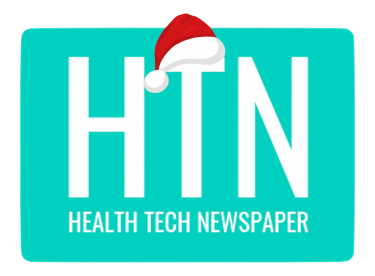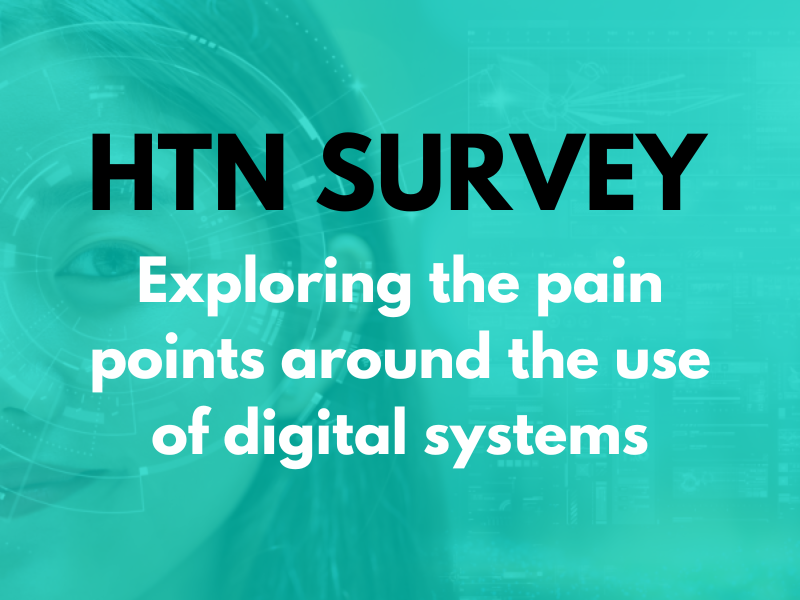The Rheumatology service at the Luton and Dunstable University Hospital (L&D) has evolved with medical advancements to offer local patients a high quality experience.
A few years ago it became apparent that demand was outstripping the capacity, especially with the need to respond to the challenge of delivering outcomes, the impetus to provide an EA pathway and to ensure annual and regular outpatient reviews within appropriate timescales. Capacity was poor at 42.8 % of national average. Mean wait for EA patients was 45 days. This led to 29% loss of referral activity from Bedford CCG and poor patient experience with 26% of patients not recommending the service.
In line with NICE RA guidelines and DOH BPT pathway for EA, an attempt was made to accommodate EA patients in general clinics. However, only 9% (14/157) patients achieved the desired time frames. Hence Early Arthritis Service (EAS) was established to reduce time to diagnosis, start of definitive therapy and accomplish good outcomes by introduction of dedicated Early Arthritis Clinics (EACs) to ensure achievement of BPT and facilitate medicines optimisation.
Treatment to Target (T2T) in inflammatory arthritis led to unprecedented improvements in not only the signs and symptoms of disease but also radiographic damage, functional outcomes and even improvement in mortality. It was only possible if every such patient could be monitored effectively. The Rheumatology team won capital bid for installation of an electronic database system and chose a tailored solution from InfoFlex.
InfoFlex is a leading digital healthcare management solution with a slightly different approach. Rather than imposing a rigid IT system, it models clinical patient pathways with clinician’s specific and individual needs which is why it worked well here.
InfoFlex helped achieve not only T2T for our patients but also acquire live quality data thereby fulfilling a number of the priorities as outlined by the King’s Fund:
- Secondary prevention – by identifying and inviting patients for annual review.
- Improving the management of patients with both mental and physical health needs – by monitoring patients regularly, escalating treatment accordingly, recognising poor treatment responders and adjusting their treatment efficiently.
- Care co-ordination and active support for self-management – by identifying patients who need to see the nurse specialist for education and case co-ordination.
- Medicines management – improved long term patient outcomes from the treat to target approach helped by this database will reduce the biologic use compared to routine care.
- Managing ambulatory conditions – by categorising patients with well controlled disease who do not need frequent monitoring thus allowing integrated approach to urgent and managed care. It will help avoid unnecessary clinic visits and admissions with disease flares.
- Improving referral quality – by providing feedback to commissioners and GPs generated from the database to help improve the quality and speed of referrals.
Implementation of InfoFlex in the department also helped with the delivery of an effective Early Arthritis Service. Nearly 80% of our cohort attained remission or low disease activity in less than six months. This was despite a significant delay in patients presenting to their GPs and moderately-high disease activity at presentation. 100% of our patients were treated to target facilitated by protocol driven escalation of therapy in these clinics. Patient experience also improved (94% would now recommend the service compared to 76% prior to the initiative).
Total savings for the year accounting for most generous cost estimates were £136,973. In addition, there was 42% reduction in biologic use in this group compared to the previous year.
Our care model attracted 48% growth in referrals confirming the confidence of subscribers to our service. Despite that, our waiting times remain the most competitive regionally and nationally. There has not been any 18-week or 3-week breach. Our patients F&F recommendation of service increased from 76 to 94% in the year. Compared to 495 overbookings prior to InfoFlex installation with poor feedback due to delays and hasty service in clinics, there were no overbooks. This also avoided premium rate initiative clinics to meet 18- week target costing £26,500 in the previous year.
Our EACs had 100% clinic utilisation leading to maximum productivity and efficiency. A new partial booking system was introduced which achieved reduction in cancelled appointments, less re-scheduling and lower DNA rate of 5.4% compared to 8.6% previously. This is one of the lowest DNA rate in the Trust. There are currently 5000 patients enrolled with regular reporting on disease indices, patient tracking and achievement of CQUIN by providing outcomes data to CIRCLE (Bedford MSK provider).





